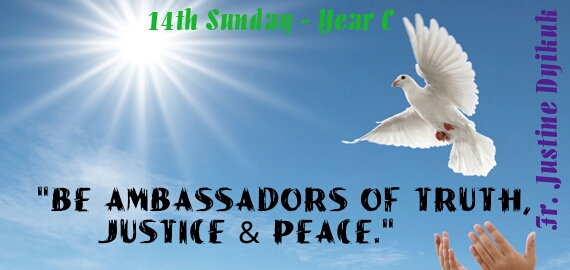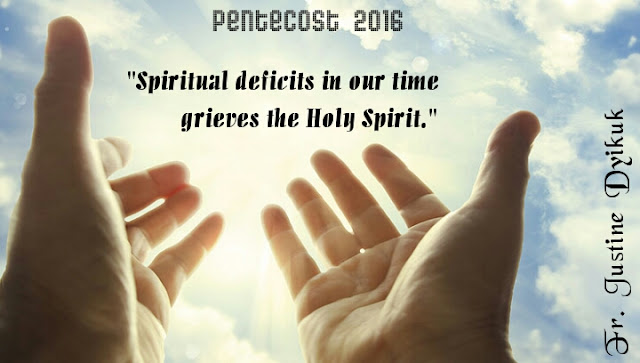Shikrot Mpwi - Sunday Synopsis with Fr. Justine J. Dyikuk
December 30, 2016.
Feast of the Holy Family of Jesus, Mary and Joseph
Feast of the Holy Family of Jesus, Mary and Joseph
Readings:
1 Sir 3:2-6, 12-14; Responsorial Psalm PS 128:1-2, 3, 4-5; Col 3:12-21 &
Gospel Matthew 2:13-15,19-23.
Theme: Standing Up for the Family.
The Family Institution is suffering a backlash in our
age no thanks to the upsurge of gay rights, single parenthood, individualism
and exaggerated freedom. The human race may be at the verge of extinction since
some people are opting for pleasure for its own sake without the corresponding
responsibility that goes with it.
Amidst this sad development, our liturgy presents us
with the Holy Family of Jesus, Mary and Joseph as a prototype for all Christian
families. Any family, either nuclear or extended is made up of father, mother
and children with each member having his or her rights and responsibilities. Our
reflection will centre around four things - the responsibility of parents to their
children, the responsibility of children to their parents, the responsibility
of one parent to another and the responsibilities of parents to both the Church
and the State.























